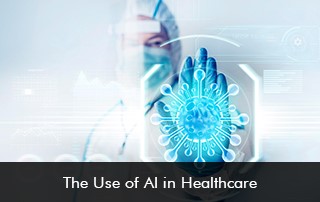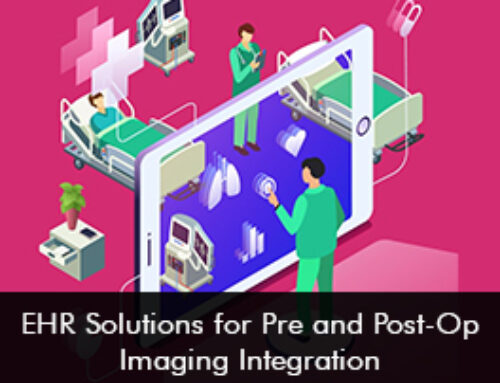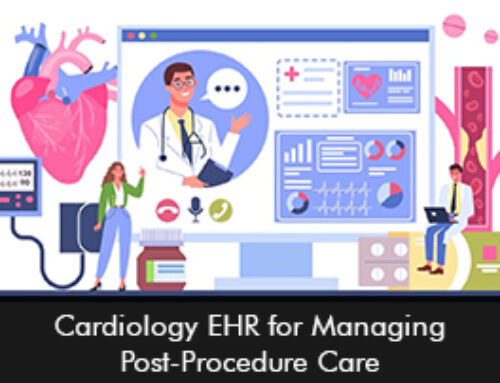Artificial intelligence (AI) is making waves in the healthcare industry, but physicians are often skeptical of the technology and dislike machines telling them what to do. Patients today want greater patient engagement and care delivery processes, prompting providers to proactively reconsider AI. The use of artificial intelligence (AI) can improve treatment outcomes and keep patients satisfied. Without a question, AI combined with the clinician’s intelligence is the ideal combination for improving the patient experience
How can Artificial Intelligence technology support care delivery?
Enhanced Decision Making
Whilst it is common for humans to make mistakes, there is limited space for error in the healthcare industry because mistakes can result in fatalities. Technologies that are powered by machine learning and artificial intelligence can offer information that can support a doctor’s decision-making process. For example in sepsis diagnosis, AI algorithms are commonly used to alert physicians about any adverse events leading to severe sepsis, this can reduce death rates and admissions to the ER.
Early Patient Diagnosis
Artificial intelligence has also been used to facilitate the early diagnosis of cancer in patients, improving diagnostic accuracy and providing patients with a cancer-free life. When cancer is detected in its early stages, the chances of recovery are higher than in later stages, which can be life-threatening and even more unpleasant for the patient and their family members.
Boosting Patient Engagement and Patient Experience
Improving the whole care experience can assist patients in remaining satisfied with the healthcare treatments they require. Hospitals have utilized AI-powered technologies such as symptom checkers to triage patients and expedite healthcare processes. AI-powered chatbots can be used to organize online appointments and respond to daily queries, dramatically improving the patient experience.
AI algorithms are being used to send educational material and medication reminders to patients, keeping patients feel engaged in their healthcare process and improving medication adherence and overall wellness routine.
AI and Software Technology
Many EHR software vendors are using Artificial Intelligence technology in the design of Electronic Medical Records (EMR) Software systems making them more accurate and efficient. AI-enabled EMR Software solutions allow providers to promptly access and export patient data with the least error. It also enhances clinical decision making, for example, Epic EMR Software Systems’ AI solutions help clinicians to predict hospital readmissions and patient mortality rates. AI-designed software system improves interoperability options in clinical documentation. The seamless flow of data improves care coordination to enhance the patient treatment process.
AI-based speech-to-text technology embedded in the software can help streamline the clinical documentation process. As documentation time is reduced, physicians can now focus on their patients. A study was done by the AMA and the University of Wisconsin which revealed that 50% of healthcare providers’ time is spent on tedious admin tasks. With AI the administrative burden of clinical documentation is reduced.
Moving ahead
AI technology is transforming the way healthcare systems around the world run. It is allowing for more lives to be saved by lowering diagnostic errors and revealing previously unexplored prospects for improving patient engagement and experience. For AI to become mainstream, providers must regard it as an assisting tool that can be used to improve care delivery.







